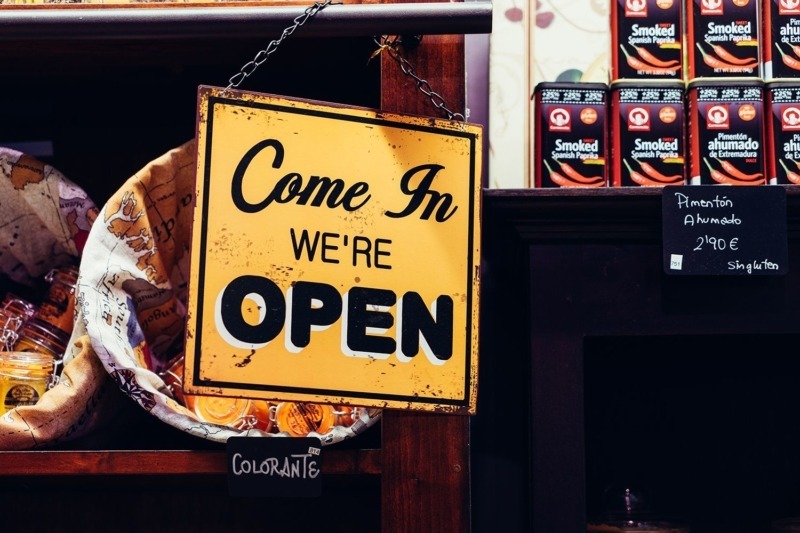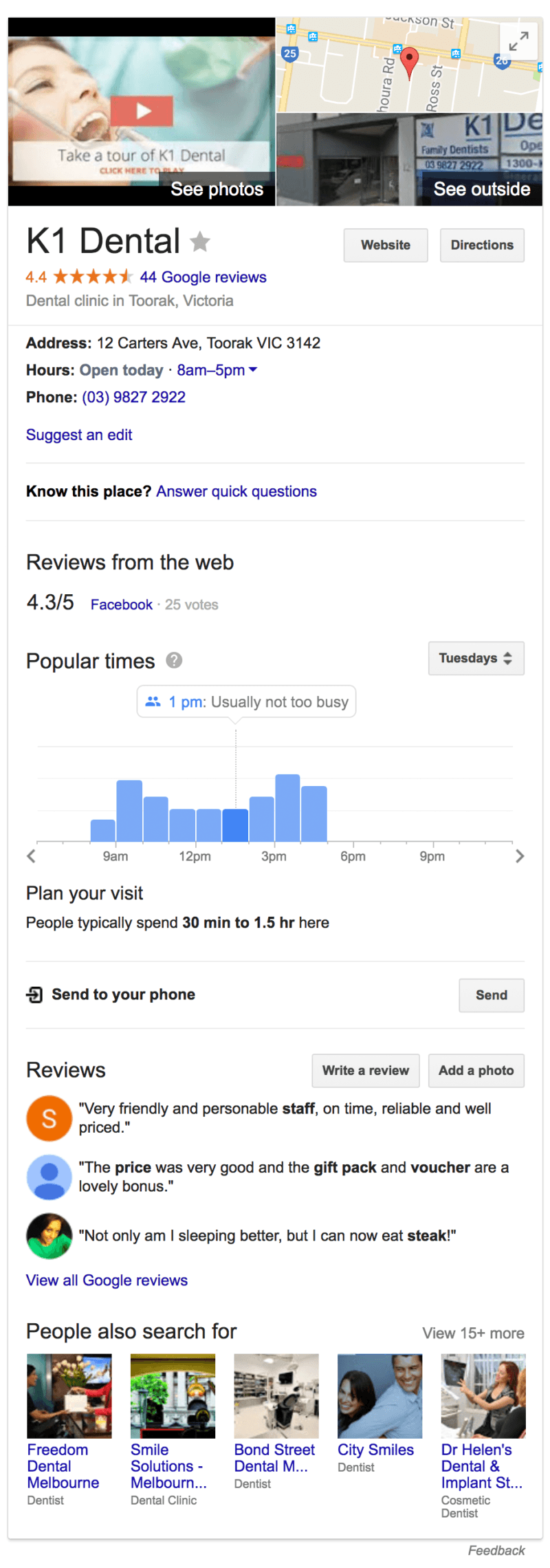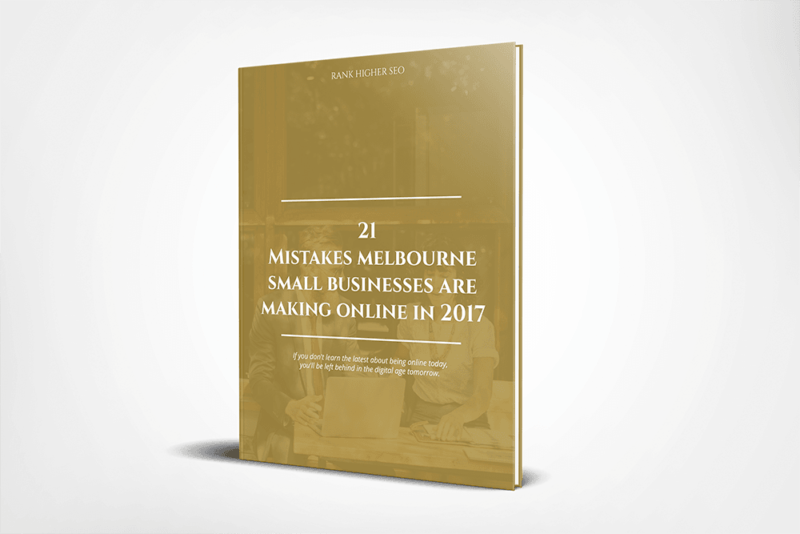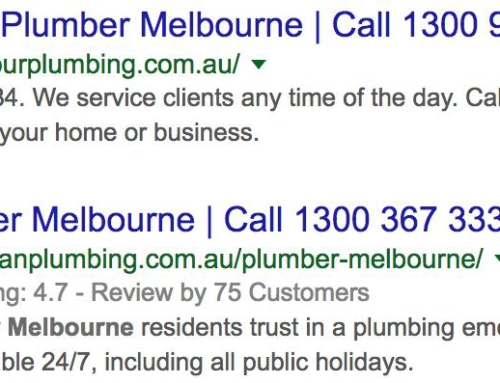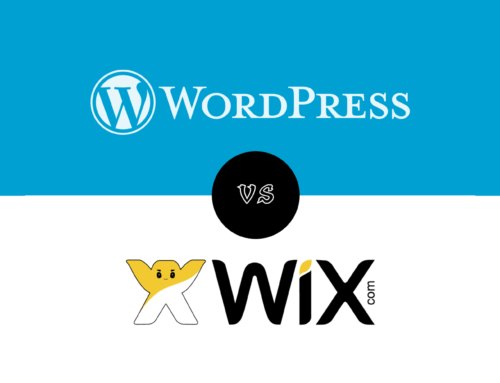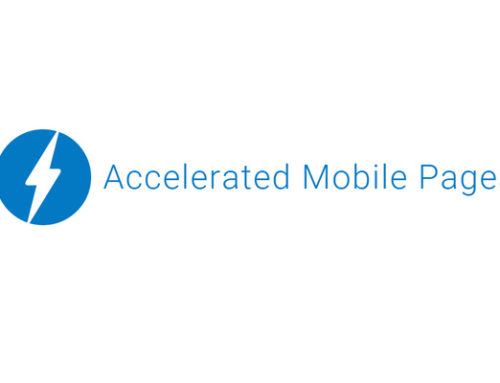The difference between Regular SEO and Local SEO.
I’ve seen this question come up a bit recently by business owners looking into SEO for the first time.
So here I am making a blog post about it…
First, let’s start with the basics.
What is SEO?
SEO is an abbreviation for Search Engine Optimisation.
When you perform Search Engine Optimisation you are making changes to your website and its online presence in order to have it rank higher in search engines for certain selected searches.
Search engines such as Google want to display only the best results so people keep coming back and using them.
Because of this, your aim should be to make your website and web pages better than the others ranking on the search terms you wish to rank high on.
But what do you change to make it better?
The main problem people have when trying to perform SEO is not knowing what factors the search engines are looking at when choosing the best webpage for a particular search.
Things such as page speed, mobile usability, the quality of the content and who is linking to the page are just a handful of things search engines look at when deciding what is the best result for a search.
But all these factors aren’t treated equally. Knowing which are more important is key to ranking number 1.
Over time search engines have become more and more complicated. There used to be one set algorithm that changed from time to time. Now there is a different algorithm for every type of search. Different search intents have different algorithms to display the best results.
For example, to show the best results to answer the question ‘how to tie shoelaces?’ will require a different algorithm to a search asking for ‘what movies has Will Smith been in?’.
Different algorithms require different SEO. This leads us to Local SEO.
What is Local SEO?
To provide the best results when someone searches for a local product or service requires its own unique algorithm that prioritises certain factors over others.
Similar to my last example, when answering ‘how to tie shoelaces’ Google won’t look as closely at the location of the business answering the question. But when someone searches ‘hairdresser near me’ the search engine will be closely looking at the location of the businesses with web pages offering the hairdressing services.
Local SEO is used to target these searches with local intent. Ranking high on local intent searches means you need to check the right boxes for the algorithm that is used for local intent searches.
Now that you know what local SEO is, there is one last thing to educate you on…
Those key things that make the algorithm and search results page differently for local searches.
What are the differences between Local SEO and Regular SEO?
Below is a list of the key differences (in the algorithms and the search results page) between Local SEO and Normal SEO or Organic SEO as some call it.
Local Map pack
The ‘local 3-pack’ shows in the search results for Local Searches.
If the searcher wants to view more businesses they can choose ‘More Places’.
This map pack is heavily influenced by location. But there are other things you can do to increase your chances of appearing in the map-pack such as gaining online reviews and building up your businesses online presence.
It is normally listed at the top of the search results page so it goes without saying that you want to be listed here.
Google My Business Listing
The search results also vary for local searches when someone searches for a business name.
You will see a panel with helpful information about the business you are searching for.
This is thanks to Google My Business listings.
If you don’t have a Google My Business listing Google may still display this panel (but it won’t have much information on it).
Local Business Shema
Schema is a piece of code that you put on your website to give Google more information. Local Business Schema is used to give Google more information about your business.
Google can then use this information in your website listing to give the searcher more information and to make your listing stand out more on the search results page.
As you can see in the image below there are review stars on metropolitianplumbing.com.au’s listing added from local business schema markup.
These stars aren’t the only thing local business schema can do for your listing in Google. Talking about all the different types of local business schema and how they can make your listing stand out would require its own blog post.
Conveniently, I made one that you can find here.
Citations
A big part of local SEO is building trust, credibility, and confidence in your business with Google.
Google look at certain things that would lower their trust in a business.
One of those things is how consistent a businesses information (name, address, phone number, open hours etc..) is throughout the internet.
The places search engines are looking for this information is on trusted business directory websites such as Yellow Pages and True Local. They also look at your social accounts and Google My Businesses Listing.
Having consistent business information on all your citation is a vote of confidence to Google that you’re a trustworthy credible business.
Link building
For local SEO it’s better to obtain local links.
For example, if you are from Australia its best to try and build links on .com.au domain names. These can be local news articles, other businesses located close to you in a similar industry, community event pages, local blogs etc..
One thing you don’t want to do for link building is add your business to every online directory possible. Adding your business to a handful of trusted directories is fine but this is for building credible citations.
Adding your business to directories should never be done for link building purposes.
Content on the website
As with normal SEO, you should have the search terms you want to rank for naturally appear in the content of your website.
One other thing that most local businesses forget to do is also add the locations they serve on their website. This helps you rank well in those regions.
Sprinkling your location in your headings, meta title tags, and meta description is also a good idea (but don’t go overboard)
Gaining Reviews
As I said earlier building trust and confidence is a big deal in local SEO.
Google realised that looking at the reviews your business has obtained can tell them a great deal of information about how trustworthy your business is and how much they should recommend it to a searcher.
Getting a 5-star review from a happy client can do a lot for your business. If they leave a long review on how happy there were with your services it’s even better!
Summary
So now you know how the search results page differs from local search and how search engine’s algorithm differs for local intent searches.
Next time you see the term Local SEO you’ll know what it means and why it’s called ‘Local SEO’ and not just ‘SEO’.
If you’re a small business owner looking for Local SEO you can get a free quote here to learn what it will cost to get your business ranking at the top of Google.
If you want to grow your business online you can also check out our free ebook: 21 Mistakes Melbourne Small Businesses Are Making Online in 2017.


